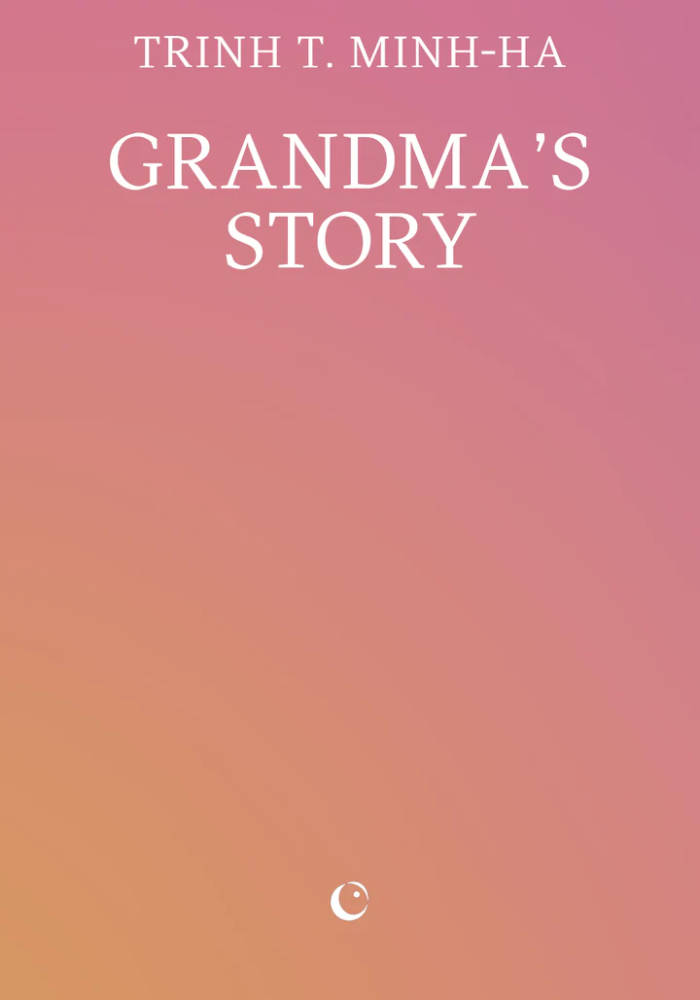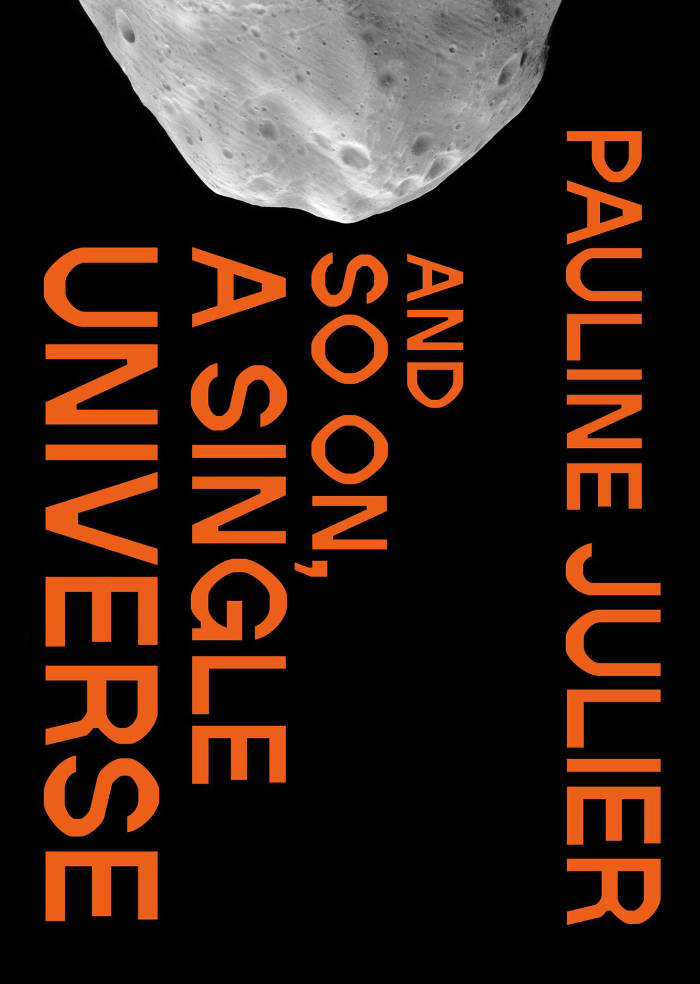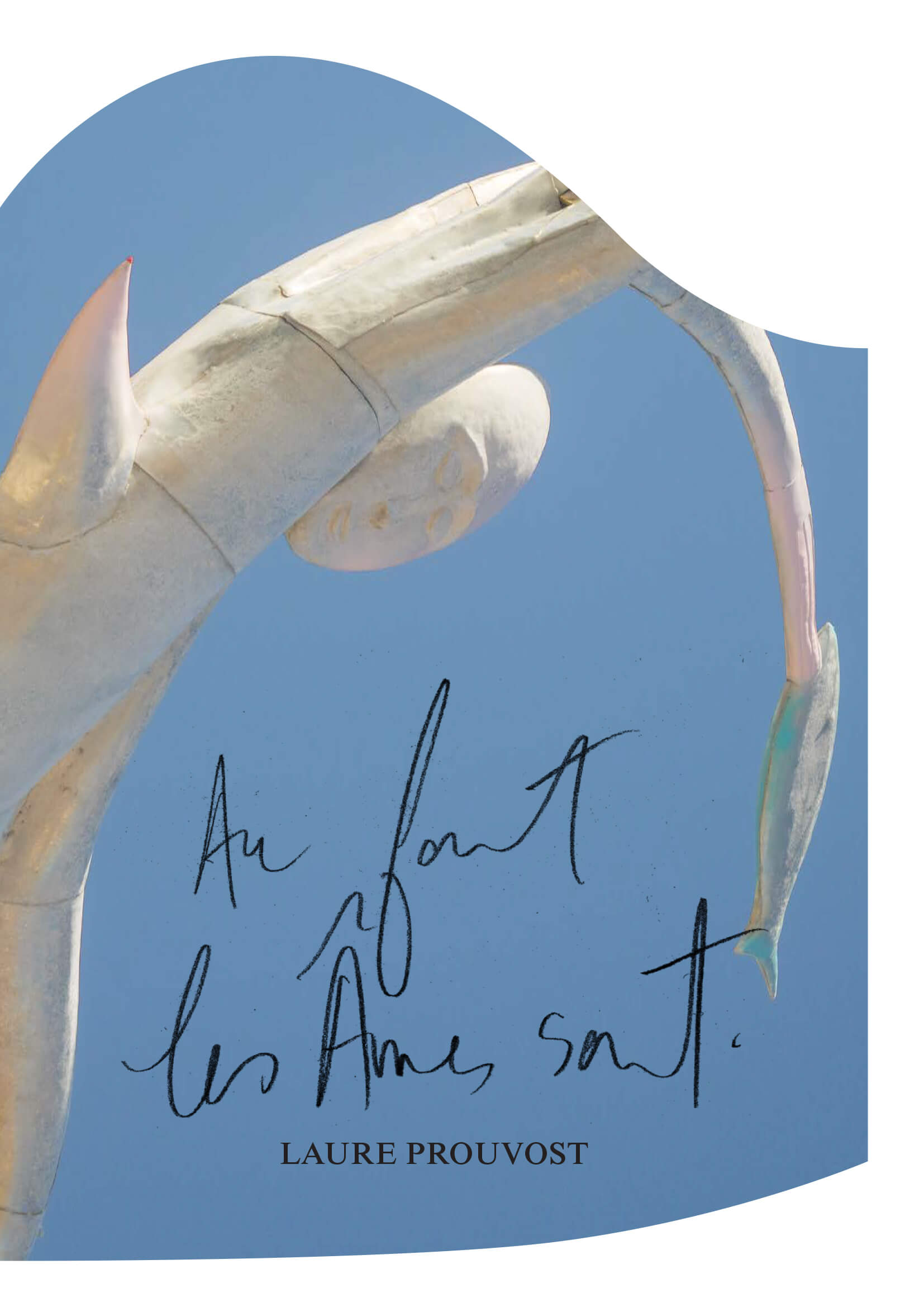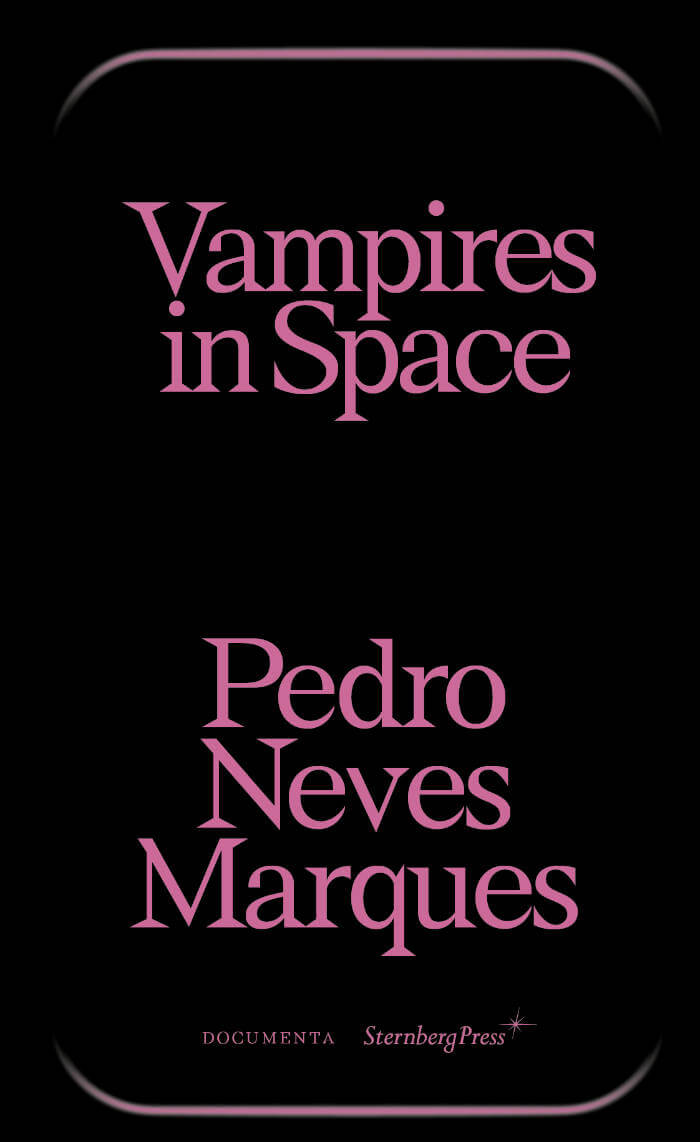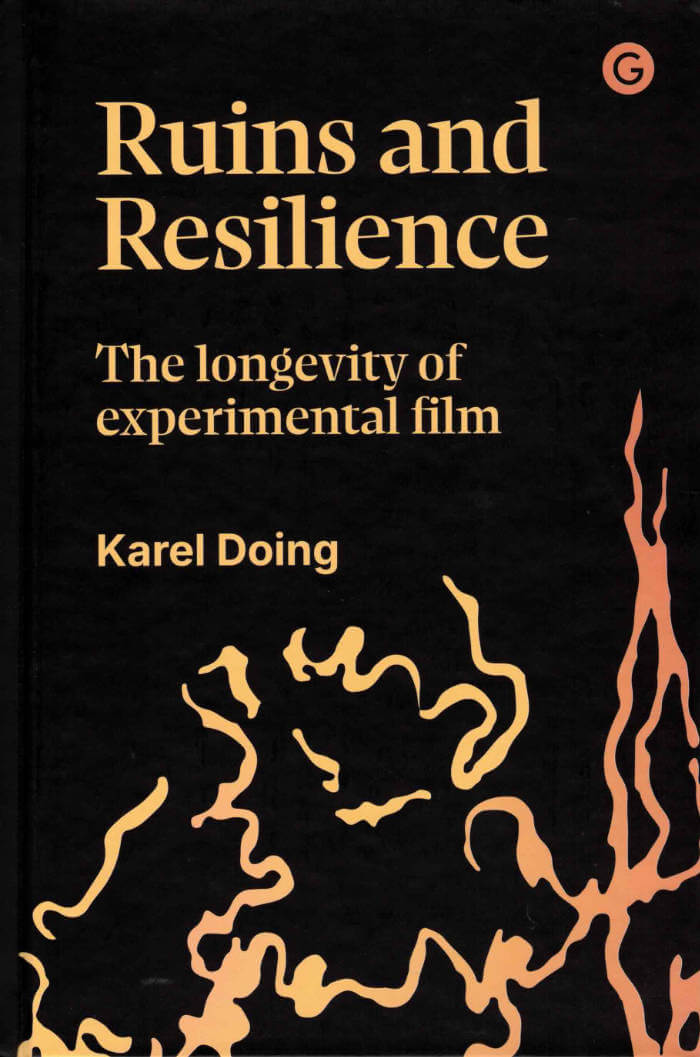
Ruins and Resilience: The Longevity of Experimental Film
Experimental film practice from an international and transdisciplinary perspective.
Karel Doing is an experimental filmmaker and researcher who has worked across the globe with fellow artists and filmmakers, creating a body of work that is difficult to pinpoint with a simple catchphrase. In Ruins and Resilience he weaves autobiographical elements and critical reviews together with his wide ranging interdisciplinary approach, reflecting on his own practice by positioning key works within the context of a vibrant experimental film scene in Europe, North and South America, and Asia. Doing demonstrates how experimental filmmakers have continued to renew their practice despite the almost total demise of analog motion picture film and the constant neglect of this art form by institutions and critics. Written in a fluent and accessible style, the book looks into the connections between the work of groundbreaking artists within the field and subjects such as transgression, improvisation, collectivity, materiality, phenomenology, and perception. Specifically, intersections with music and sound are investigated, appealing to the idea of the cross-modal brain, the ability to perceive sounds and images in an integrated way. Instead of looking again at the "golden era" of experimental film, the book starts in the 1980s, showing how this art form has never ceased to surprise and inspire. The author's hands-on engagement with the medium is formational for his more theoretical approach and writing, making the book a highly original contribution in the field that is informative and inspiring for academic and practitioners alike.
Language: English



